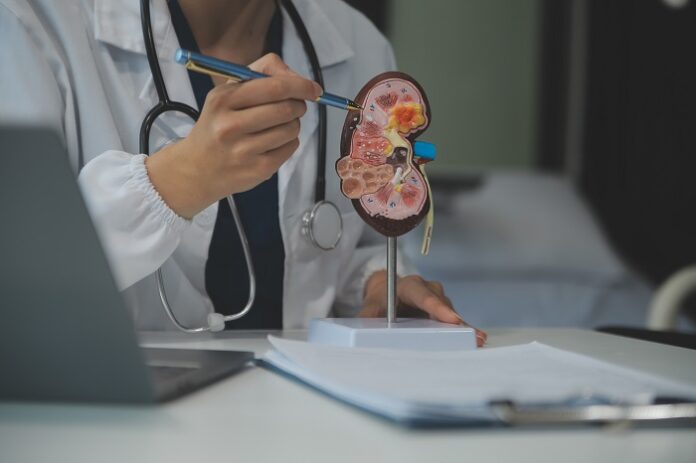In a major push towards accessible healthcare, the Delhi government has installed 300 dialysis machines across 16 government hospitals, aiming to provide free and affordable kidney care to underprivileged patients.
Joint Initiative Under PMNDP and PPP Models
This initiative is being rolled out under the Prime Minister National Dialysis Programme (PMNDP) and the state’s Public-Private Partnership (PPP) dialysis project. It reflects the combined vision of Prime Minister Narendra Modi—to expand access to life-saving treatments—and Delhi Chief Minister Rekha Gupta’s commitment to inclusive healthcare delivery.
Health Minister Highlights Government’s Commitment
Health Minister Pankaj Singh emphasized the significance of this move, stating,
“This is a significant milestone in our journey to build a healthier Delhi. Dialysis is a life-saving service and every person in need must have access to it, regardless of their financial status.”
Operational and New Facilities Boost Capacity
Out of the 300 machines, 150 were already operational under the PMNDP in 10 hospitals. Now, 150 additional machines have been installed across six more hospitals, significantly boosting the city’s dialysis capacity.
Existing hospitals offering dialysis services include:
- Lok Nayak Hospital
- Rajiv Gandhi Super Specialty Hospital
- Deen Dayal Upadhyay Hospital
Newly added facilities include:
- Dr. Baba Saheb Ambedkar Hospital
- Janakpuri Super Specialty Hospital
- Burari Hospital
Eligibility and Free Services for the Needy
As reported by theprint, under the PMNDP, dialysis is completely free for Below Poverty Line (BPL) cardholders and those in the PR and PRS categories with an annual income below ₹1 lakh.
Meanwhile, under the PPP model, Delhi residents with valid identification, a minimum three-year residency, and an annual income below ₹3 lakh can also access dialysis free of charge.
Skilled Staff Ensures Quality Care
To maintain high standards of care, the government is deploying radiologists, trained technicians, and support staff at all dialysis centers. This ensures that patients receive safe, efficient, and timely treatment.
Building a Future-Ready Health System
“This step is not just about expanding infrastructure,” Singh remarked. “It sends a strong message that the government stands firmly with its people in times of medical need.”
He reiterated that the ultimate goal is to build an inclusive, accessible, and future-ready healthcare system, placing Delhi among the world’s leading healthcare models.























